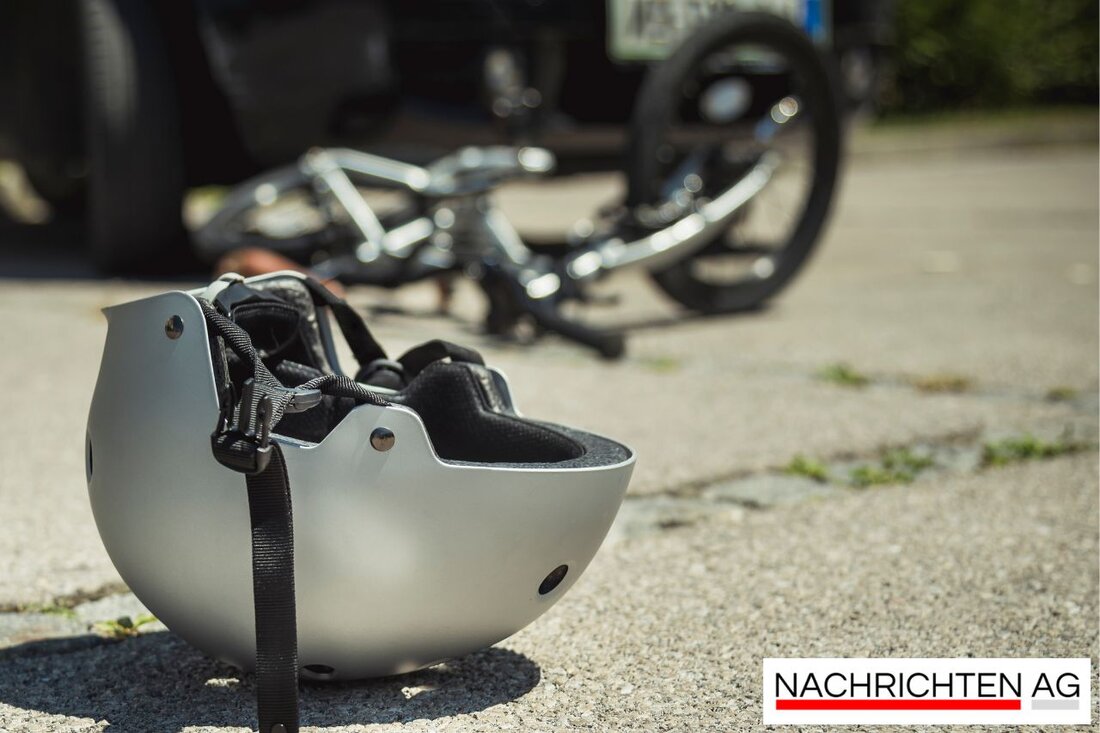Traffic turnaround in Wiesbaden: CDU wants to get the city moving again!
At the general meeting on June 12, 2025, the CDU Wiesbaden will focus on a progressive transport policy for the 2026 local elections.

Traffic turnaround in Wiesbaden: CDU wants to get the city moving again!
Movement is the order of the day in Wiesbaden – and not just in the figurative sense. The CDU made it clear at its most recent general meeting on June 12, 2025 that transport policy is the main focus of its agenda for the 2026 local elections. Under the motto “We’re getting Wiesbaden moving again,” ten transport policy theses were adopted that promise big plans for the city’s future. The central message: All road users should benefit from the desired changes, while at the same time focusing on efficient and environmentally friendly transport solutions. Wiesbaden Aktuell reports that the CDU is, among other things, placing intelligent traffic control and the dismantling of existing restrictions at the center of the discussion.
But what exactly is on the agenda? With digital control systems that enable smoother traffic flows and reduce emissions, the CDU shows clear approaches to improving mobility in the city. A concrete example is the restoration of turning options at the Landeshaus junction. The introduction of uniform speed limits, with 50 km/h on main roads and 30 km/h in residential areas, is also planned. This is not only intended to increase safety, but also to optimize traffic flow.
Sustainable mobility in focus
But the city is not just planning for traffic on the streets. There are also new ideas for cyclists and pedestrians. With a focus on safe cycling connections that are separate from motorized traffic, the CDU wants to promote cycling. According to a survey by the Federal Environment Agency in 2014, 82% of citizens would like to see less car dependency in cities. This goes hand in hand with demands from the GREENS, who also want to reform transport policy in Wiesbaden in order to reduce noise and air pollution and create a better quality of life. 30Projects highlights that cycling is becoming more popular in Wiesbaden, also thanks to the spread of electric bikes.
As part of these measures, the GREENS are also planning actions such as a “Traffic Transition Day” with a car-free city center and free public transport. A nice sign that more and more people in Wiesbaden are switching to environmentally friendly alternatives. A complete cycle path network as well as safe intersections and better parking facilities are at the top of the wish list. The goal is to increase the share of cycling from 6% to 15% over the next five years.
A holistic approach
A holistic approach is necessary to promote communication between different modes of transport. Step by step, intelligent connections are being considered, such as Park & Ride alternatives. Pedestrian friendliness should also be improved through initial measures. For example, it is necessary to keep the sidewalks free of parking restrictions in order to make it attractive for people to walk.
The pressure to replace car transport with more environmentally friendly alternatives also brings with it new considerations. The GREENS are calling for a ban on truck passage and corresponding loading zones for delivery traffic in order to relieve the city center. This would not only redistribute the road space, but also bring innovative logistics concepts such as cargo bikes to bear. Accessibility for people with limited mobility should never be ignored.
In summary, it can be said that Wiesbaden's transport policy is facing a major upheaval. With a clear commitment to sustainable mobility and holistic urban planning, Wiesbaden could steer things in the right direction - and thereby provide lasting relief not only for its own citizens, but also for the environment. A concept that is becoming increasingly important in view of the current challenges, as the Federal Environment Agency explains: It is time to include environmental and health aspects in transport policy and to promote sustainable urban development. Federal Environment Agency.

 Suche
Suche
 Mein Konto
Mein Konto